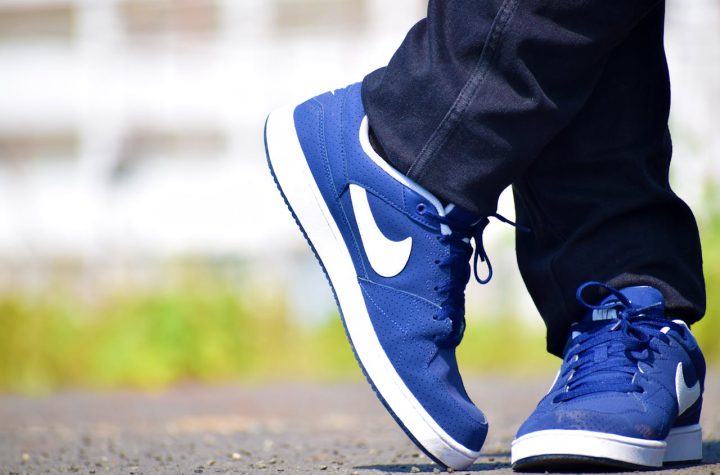
When we think of grooming, the first thoughts might be of innocence and care. But in the context of manipulation or exploitation, grooming carries a more sinister meaning. This process can deeply impact victims, affecting every part of their lives, including their physical well-being and weight.
The question of whether grooming can lead to weight loss is complex. To understand it, we need to explore the psychological effects of grooming and how they influence one’s relationship with food and body image.
Grooming’s Impact on Victims
Grooming typically starts subtly, with the manipulator building trust and emotional ties. This can isolate victims from their support networks, making it hard for them to realize they’re in harm’s way.
Victims often experience shame and guilt, leading to self-doubt and negative self-worth over time. These psychological effects can spill over into other areas, like relationships and mental health, causing victims to withdraw or push away loved ones out of fear or inadequacy.
This emotional distress can manifest physically, altering appetite and eating habits. Some victims might overeat for comfort, while others might lose interest in food.
Understanding these dynamics helps us recognize the broader effects of grooming, beyond emotional trauma.
Psychological Effects of Grooming Techniques
Grooming involves manipulation, deceit, and emotional coercion, leaving deep psychological scars. Victims may doubt their self-worth and reality, leading to confusion and insecurity.
Victims also face trust issues, fearing further harm, which can lead to isolation from friends and family. Shame and guilt are common, with victims often blaming themselves for their experiences, contributing to depression and emotional instability.
These psychological impacts require time and professional support for healing. Recognizing them is crucial for offering empathetic care to victims seeking recovery.
Exploring the Link Between Grooming and Weight Loss
The relationship between grooming and weight loss is complicated. Grooming diminishes self-worth, triggering unhealthy coping mechanisms like disordered eating. Victims might feel pressured to change their appearance, using calorie restriction or excessive exercise to meet perceived expectations, resulting in weight loss over time.
Chronic stress from grooming can affect metabolism and appetite, leading to unintentional weight loss as the body’s fight-or-flight response suppresses hunger. Social withdrawal further isolates victims, reducing access to regular meals and balanced nutrition, exacerbating weight changes.
Understanding these connections highlights how grooming affects individuals beyond psychological scars—weight loss is a visible manifestation of that struggle.
The Complex Link Between Grooming and Weight Changes
Grooming’s psychological impact can lead to weight changes. Victims often face anxiety or depression, resulting in disordered eating. Stress and trauma can cause unintended weight loss as a physical response.
Victims’ need for validation may push them towards unhealthy lifestyle choices, seeking approval through harmful behaviors. Societal pressures on body image may exacerbate this, leading to extreme dieting or exercise.
Understanding these dynamics is key to supporting victims. Addressing both emotional healing and physical health is essential for recovery, recognizing weight changes as part of the broader impact of grooming.




More Stories
How to Calculate Weight Loss Percentage
What’s the Best Injection for Weight Loss at Home?
Is beef jerky good for weight loss?�